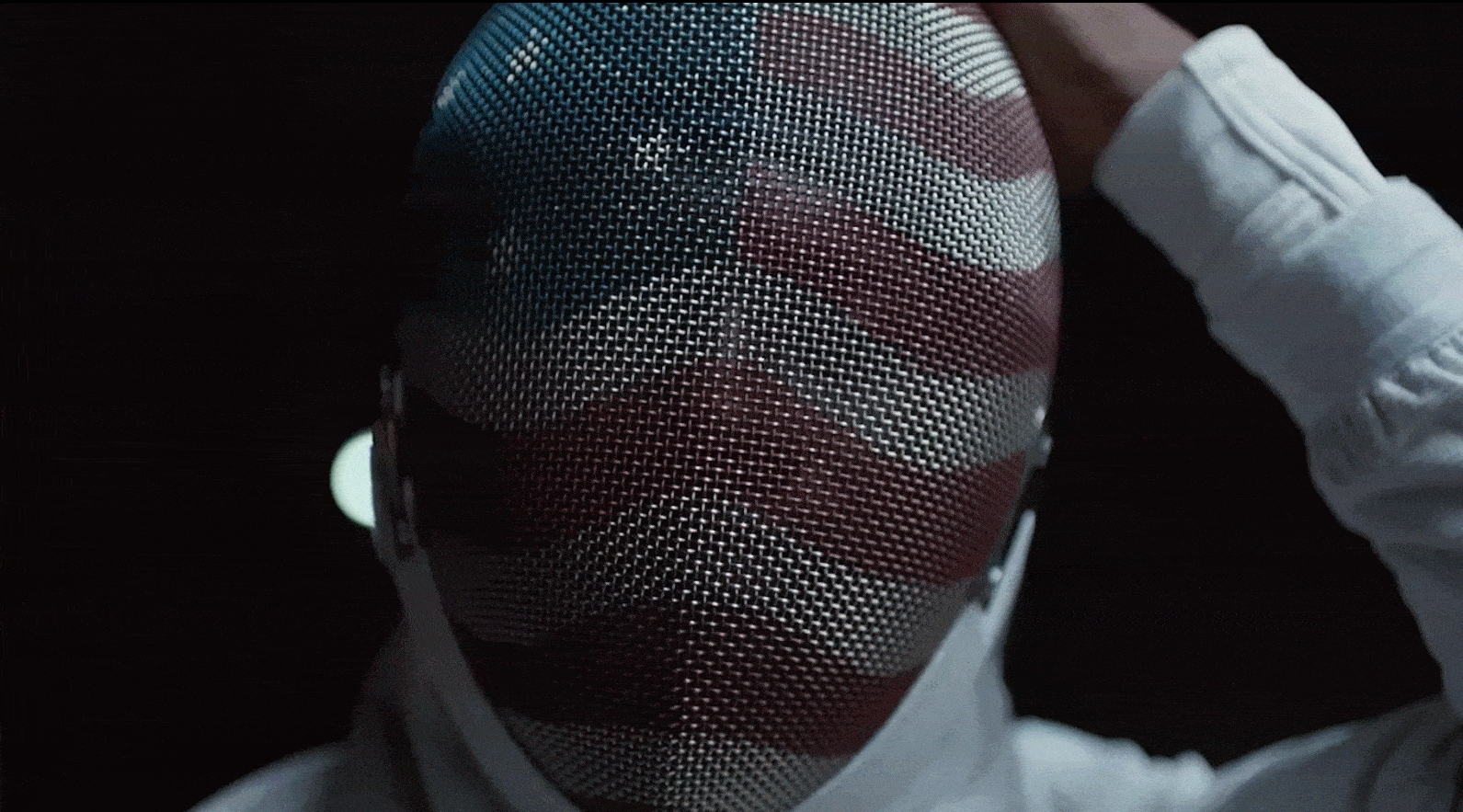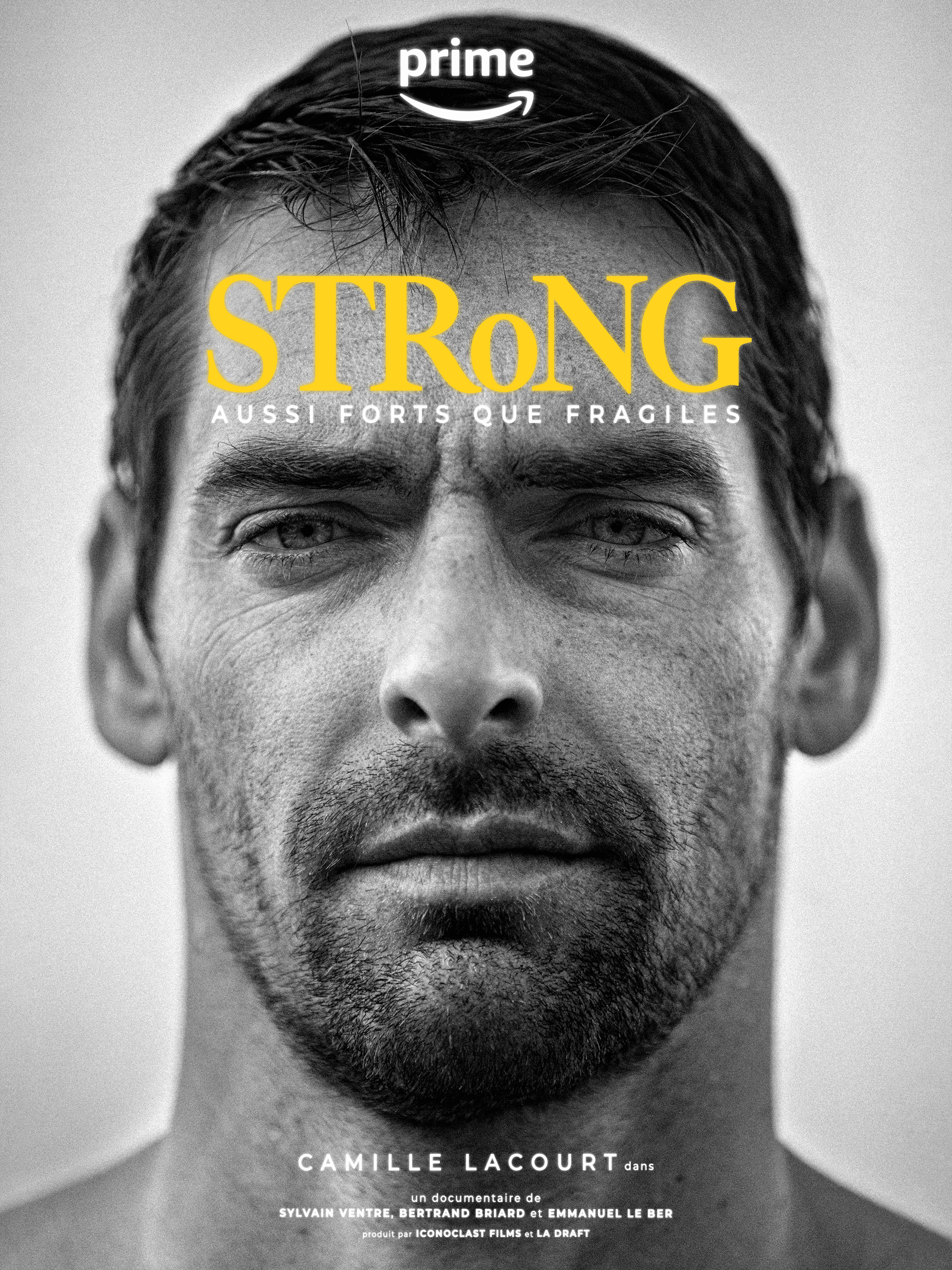The big question in sports, both initial and cross-cutting, is about motivations. A female climber invokes Michel Foucault and his heterotopias, offering an exciting vision of sport.
What drives us to move? What are the conscious or unconscious, rational or emotional reasons that lead an athlete to a basketball court or football field, or others to rock walls, waves, or elsewhere, given the plethora of choices? We could also mention dojos, fitness centers, yoga studios, or simply the sidewalks of Paris or a small Oregon town for an evening run.
These reasons vary greatly from one individual to another. In an age of hyper-choice, a person’s motivations can shift depending on context. When isolating factors or objectives that influence our sports choices, we can list performance and related aspects, sensation seeking, identity or self-image, the desire for connection (socialization), health, and all related aspects. This list is not exhaustive; practical issues like geographic and economic access can also be influential. Human choice is complex. Of course, each individual, possessing a different cultural capital (Bourdieu), will be sensitive to all this in their own way.
The emergence of alternative or ‘free’ sports in the 70s and 80s, which sociologists might call postmodern and are more focused on sensation and the quest for freedom, represents a fundamental shift in motivations. This can be summarized by a decline in discipline, effort, and interest in ‘results’ in favor of autonomy, freedom, and the experience of the moment. Today, other transformations are underway. The world is changing, society is evolving…
A young, talented climber, musician, and activist, as she defines herself on her Instagram page, provides further insight. Her perspective helps make an unexpected connection. Éline Le Ménestrel intelligently and accurately brings Michel Foucault into a Reels. Indeed, social networks can have intellectual depth, one just needs to search.
Heterotopia a concept coined by this brilliant intellectual in a 1967 lecture titled ‘Of Other Spaces,’ defines heterotopias as a physical location of utopia. These are concrete spaces that house the imagination, like a child’s cabin or a theater. Unlike utopia, an ideal model, heterotopia is concrete and located. In the Reels, Foucault says: ‘I believe that in every society there are utopias that have a specific and real place, a place that can be indicated on a map. These localized utopias, children know them well. Of course, it’s the bottom of the garden, of course, it’s the attic, or even better the Indian tent set up in the middle of the attic. Society has itself, well before children, organized its own counter-spaces, these real places outside of all places.’
On the screen, images of climbing, nature, and life unfold. It’s fitting, it’s clear, the message is unambiguous: the spaces we join to live our passions, in this case, rock walls, are heterotopias. Places where different rules apply, reasons why we join them. This beautiful idea is a real key to understanding today’s sport/escape and goes well with the notion of emotional community (BH Rosenwein, Max Weber).
The discourse of institutions that invite us to ‘move’ and want to make us a ‘sportive nation’ remains very conservative and especially appeals little to the ‘sentimental crowd’ that we also are. The success of sport tends to prove that our imaginations are powerful drivers, that pleasure mobilizes us at least as much, if not more, than performance. Sport is a way to escape our usual frameworks and constraints, but what Éline Le Ménestrel tells us, relying on the philosopher, is that all this goes much further.
What if we were inspired by this to talk about sport, movement, mobility differently?









